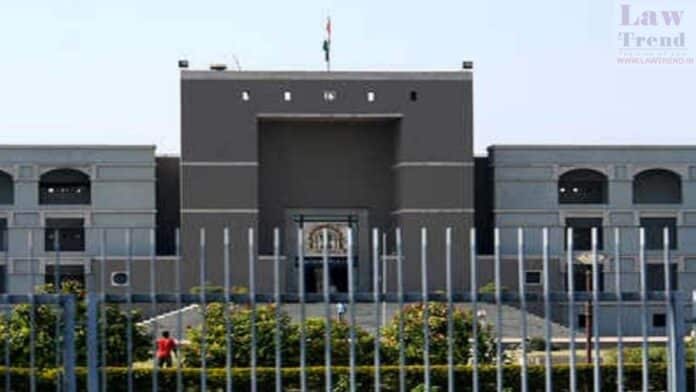The Gujarat High Court issued a stern reprimand to the state government on Friday for its prolonged delay in appointing members to the Other Backward Class (OBC) Commission. Despite assurances given to the court eight months ago, two critical appointments remain unfulfilled, raising concerns about the operational effectiveness of the commission.
The matter came to light during a hearing on a series of Public Interest Litigations (PILs) initiated in 2018, which called for the establishment of a permanent OBC commission and the prompt appointment of its members. The division bench, comprising Chief Justice Sunita Agarwal and Justice Pranav Trivedi, expressed its dissatisfaction after learning from the government pleader GH Virk that the commission has been functioning under just a chairperson, a former judge of the Gujarat High Court, since its inception in 1993.
“Is this the constitution of the commission? Where is the order that allows the commission to function without members?” questioned Chief Justice Agarwal. The government’s response revealed that a proposal to appoint two members had been stalled awaiting approval from the chief minister.
During the session, the court criticized the state’s handling of the commission, pointing out the inconsistency with the Supreme Court’s directives that necessitate a multi-member panel. Unlike the national OBC commission, which consists of five members, Gujarat’s commission has been operating with only a chairperson. Advocate Vishal Dave, representing the petitioner ‘Umiya Parivaar Visnagar’, emphasized this discrepancy and the need for a fully constituted panel to ensure the commission’s effectiveness.
Responding to the government pleader’s claim that the commission has relied on external experts as needed, the High Court noted, “That is also wrong because that contradicts the order of the apex court.” The court’s frustration was palpable as it challenged the state’s lack of progress and cautioned the government representative about the potential consequences of misleading the court.




